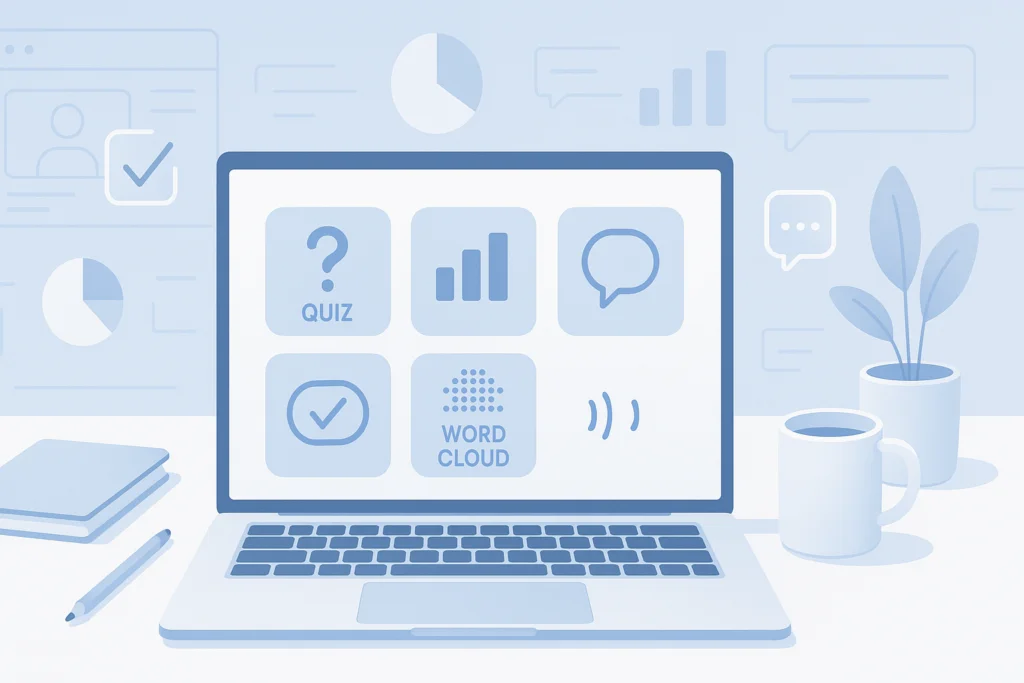GCSE Revision Made Easy: 7 Key Techniques to Follow
Preparing for GCSE exams can feel like a huge challenge. The pressure to remember vast amounts of information, understand tricky concepts, and manage time effectively often causes stress. However, revision doesn’t have to be difficult or overwhelming.
With the right strategies, you can make your revision clearer, more focused, and easier to stick to. Here are seven key techniques that will help you approach your revision with confidence and improve your chances of success.
One of the most important first steps is to create a revision timetable. This acts like a roadmap to organise what you need to study and when. Start by listing all your subjects and topics, then decide how many sessions you can dedicate to each.
Spreading revision out over weeks means you avoid last-minute cramming, which can be stressful and less effective. Be realistic about how much time you have and your daily commitments. Also, include short breaks every 25 to 30 minutes to help your brain absorb information better. Regular breaks prevent burnout and keep you motivated.
Active revision techniques help you engage with the material rather than passively reading or highlighting. Activities such as practising past exam questions, creating mind maps, or explaining a topic aloud to a friend or family member can improve your understanding and recall.
Save My Exams, an online study platform, offers a wide range of practice questions and past papers specifically designed for the GCSE syllabus. Using these helps you get familiar with the exam format and practice applying your knowledge, which is crucial for success.
It’s tempting to try to memorise every fact for your exams. However, understanding the core ideas behind what you’re studying is more effective. When you know how a concept works or why something happens, you can apply this knowledge to different questions.
For example, in science subjects like biology or chemistry, understanding processes such as photosynthesis or chemical reactions helps you tackle various types of questions, even if they are worded differently from what you expected.
Making your own notes is a useful way to process information actively. Aim for notes that are clear and brief, using bullet points, diagrams, and colour coding to highlight key points. Writing things down in your own words helps reinforce learning.
Many online platforms also provide revision notes that break down complex topics into simple, manageable sections. You can use these to supplement your notes or revise efficiently when time is short.
Past exam papers are an invaluable tool for revision. They give you a chance to practise the types of questions you’ll face and to work under timed conditions. When you do these papers, try to simulate exam conditions by timing yourself and avoiding the use of notes.
This helps build confidence and exam technique, such as how to manage your time and which questions to prioritise. Reviewing your answers afterwards allows you to spot gaps in your knowledge and focus your revision where it’s needed most.
Flashcards are a simple yet powerful method for memorising key facts, dates, formulas, or vocabulary. Writing a question or keyword on one side and the answer on the other encourages active recall, a process that strengthens memory.
You can create physical flashcards or use digital apps, many of which allow you to test yourself regularly and track progress. Flashcards work well for quick revision sessions and are especially handy for last-minute brushing up.
Revision isn’t just about studying hard. Your physical and mental health play a big role in how well you can learn and perform in exams. Make sure to get enough sleep each night, eat balanced meals, and take regular breaks for some physical activity.
Even short walks or stretching can refresh your mind and reduce stress. Avoid long, late-night study sessions that leave you tired, as tiredness can reduce your concentration and recall ability. Keeping a healthy routine supports both your well-being and your study effectiveness.
By adopting these seven techniques, you can turn revision from a daunting task into a manageable part of your daily routine. Remember, consistent effort and smart study habits are the keys to improving your confidence and exam performance.
You can also rely on past papers, revision notes, and practice questions that align with the GCSE syllabus. Using these tools alongside these revision methods can give you a clear advantage.




Want to add a comment?